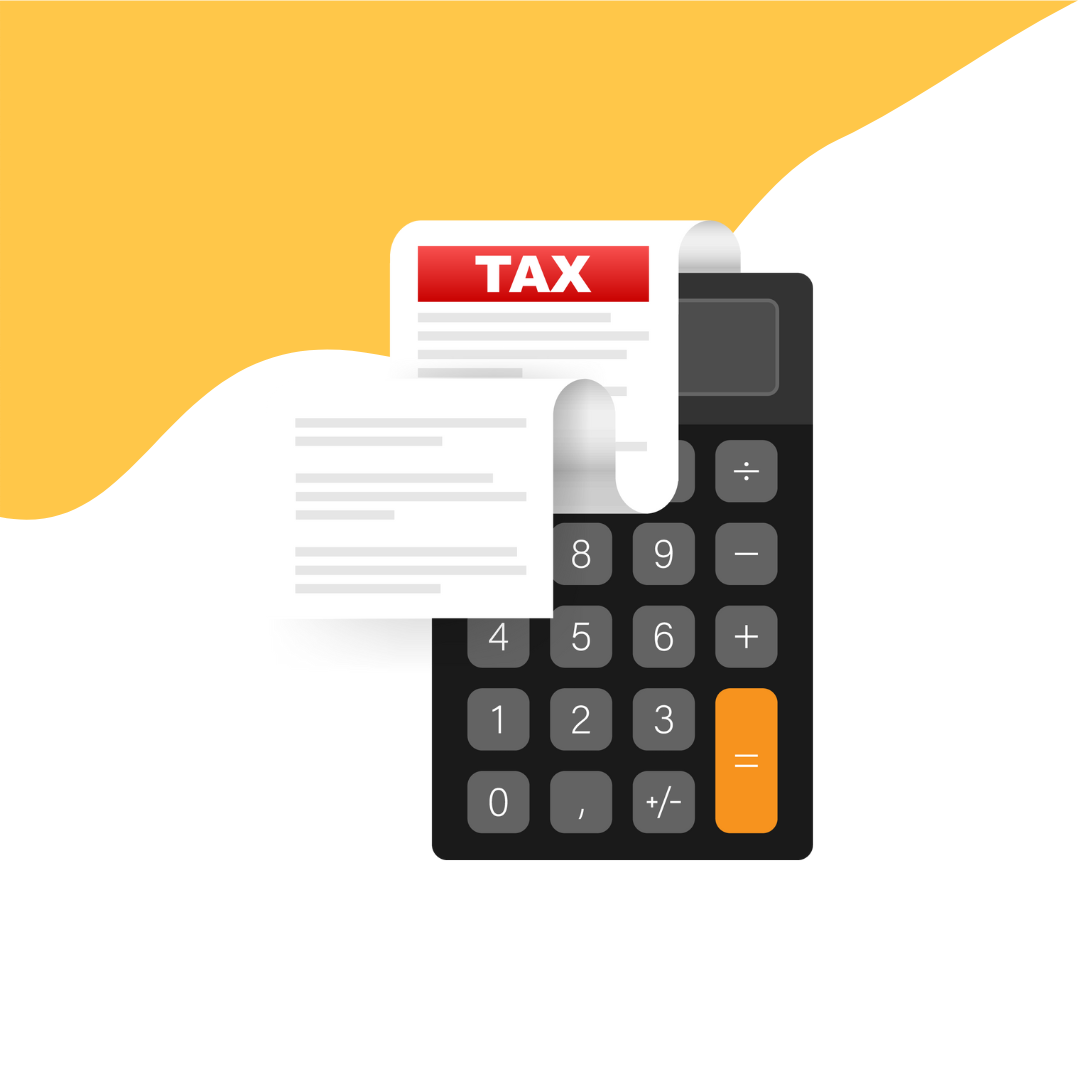The government is changing the way that self-employed people are taxed. Currently, profits are calculated on an accounting year basis, but from April 2024, they will be taxed on profits for the tax year. This means that businesses with a year end other than 31 March or 5 April will need to declare profits for the whole of the transitional year 2023/24. For example, a business with a year end of 30 April will need to include profits from 1 May 2022 to 5 April 2024.
This change could mean that some businesses have to pay more tax in 2023/24. However, there is a way to reduce the impact of this change. If a business has any overlap relief available, this can be used to offset against the profits for the transitional year. Overlap relief is a tax relief that was created when self-assessment was introduced in 1996/97. It applies to businesses that did not have a 5 April year end at that time, and it allows them to offset profits from the first few years of self-assessment against later years.
If a business does have overlap relief available, they will need to keep a record of it. This may not be easy, as it may have been created many years ago. However, HMRC will be providing a new service to help businesses calculate their overlap relief.
The transitional year 2023/24 is a good opportunity for businesses to use up any overlap relief that they have. However, it is important to note that this relief can no longer be deferred. This means that businesses that have a 5 April year end may want to consider changing their year end to 31 March, so that they can use up any overlap relief that they have before it is lost.
If you are self-employed and are affected by basis period reform, you should seek professional advice to help you understand the changes and how they will affect you.
Here are some additional tips for self-employed people affected by basis period reform:
Keep a record of your profits and losses. This will help you to calculate your overlap relief and to understand the impact of the changes.
Get professional advice. A qualified accountant can help you to understand the changes and to make sure that you are compliant with the new rules.
Make sure that you are up to date with your tax payments. The changes to the basis period could mean that you have to pay more tax in 2023/24. Make sure that you are prepared for this by making sure that your tax payments are up to date.



